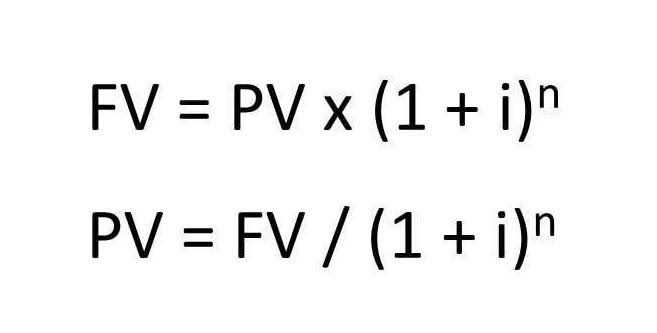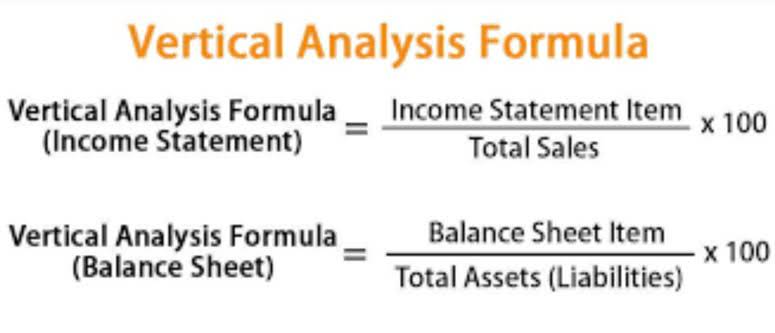
Publicly traded companies are required by law to follow the GAAP; starting with a foundational understanding of these principles can benefit your business in the long run. Whether you handle your own records or hire a professional, mastering the basics of bookkeeping will set your business up for long-term success. While the business owner or accountant often leads budgeting, bookkeepers provide the real data behind forecasts.
- Note that you’ll need to pay some payroll taxes, such as FICA taxes, to the IRS monthly or semi-weekly, depending on the amount you withhold.
- For anyone in sales, this is your top-line number — the total brought in from closed deals, product sales, or service packages.
- This statement shows how Direct Delivery’s cash balance has changed during the time interval shown in the heading of the statement.
- Lenders often look at D&B reports to determine your business’s eligibility for financing.
- You then compare the total amount of assets to the total liabilities plus equity and see if the numbers are in balance.
Small business tax services: A guide on preparing for tax season
It will help you reserve enough money to pay bills, employees, and suppliers. Plus, you can make more informed business decisions about how to spend your cash. Unless you have a very small volume of transactions, it’s better to organize separate files for assorted receipts weekly or as they come in. Most accounting software lets you scan paper receipts and avoid physical files altogether. Most accounting software will automatically import your bank data so you don’t have to manually enter and organize each transaction.
Small Business Accounting Setup: The Ultimate Guide to Managing Your Finances
He asks his banker to recommend a professional accountant who is also skilled in explaining accounting to someone without an accounting background. Joe wants to understand the financial statements and wants to keep on top of his new business. His banker recommends Marilyn, an accountant who has helped many of the bank’s small business customers.
- In other words, the amount allocated to expense is not indicative of the economic value being consumed.
- Choosing between cash and accrual methods depends on your business’s size, complexity, and financial needs.
- Short-term (current) liabilities consist of expenses like accounts payable, salaries owed, and lease payments.
- After five years—the end of the van’s expected useful life—its carrying amount will be zero.
Leads to Better Customer Understanding Through Revenue Data
For example, if Joe delivers 1,000 parcels in December for $4 per delivery, he has earned fees totaling $4,000 for that month. He sends invoices to his clients for these fees and his terms require that his clients must pay by January 10. When invoices are prepared and revenues are recorded, the software will bookkeeping also record the amount in the asset account Accounts Receivable. Joe is a hard worker and a smart man, but admits he is not comfortable with matters of accounting. He assumes he will use some accounting software, but wants to meet with a professional accountant before making his selection.
Basic financial ratio analysis

Other businesses hire temporary accounting staff at certain times of the year or hire part-time bookkeeping employees with advanced training. Effectively managing your small business’s finances goes beyond bookkeeping. Using professional accounting methods allows you to properly strategize for your company’s future and meet your legal requirements. Accounting software, including cloud-based programs, is changing the way businesses complete accounting tasks. In some cases, small business owners may be able to do their own accounting, especially with the use of software. At the same time, accountants are increasingly expected to be proficient in using software to support small businesses with their accounting and financial needs.
- This turns your CRM into a revenue radar so you can spot cash flow gaps before they hit your bank account.
- Effective bookkeeping is at the heart of any successful small business—and many business owners will once again turn to their accountants to handle these tasks.
- Experts agree that small businesses commonly fail when cash flow runs dry.
- This principle states that the accountant has reported all information consistently throughout the reporting process.
- Using spreadsheet software is the cheapest accounting option (especially if you use a completely free software, like Google Sheets).
When should you hire a full-time bookkeeper or accountant?
He is surprised to hear Marilyn say that the assets are not reported on the balance sheet at their worth (fair market value). Long-term assets (such as buildings, equipment, and furnishings) are reported at their cost minus the amounts already sent to the income statement as Depreciation Expense. Joe also needs to know that the reported amounts on Direct Delivery’s balance sheet for assets used Debt to Asset Ratio in the business such as equipment, vehicles, and buildings are routinely reduced by depreciation. Depreciation is required by the basic accounting principle known as the matching principle. Depreciation is used for assets whose life is not indefinite—equipment wears out, vehicles become too old and costly to maintain, buildings age, and some assets (like computers) become obsolete. Depreciation is the systematic allocation of the cost of the asset to Depreciation Expense (on the income statement) over its useful life.

Track your small business expenses

International accounting helped me ensure I was quoting and collecting the right amount — and not losing money in the conversion process. Auditors are accountants who specialize in reviewing financial accounting for llc documents to see if they comply with tax laws, regulations, and other accounting standards. These professionals evaluate organizations’ financial documents to make sure that they are accurate and follow legal guidelines. Monthly financial reports provide valuable insights into your business’s performance, allowing you to adjust budgets, plan for expenses, and spot financial trends early.

 +1-888-843-5849
+1-888-843-5849

